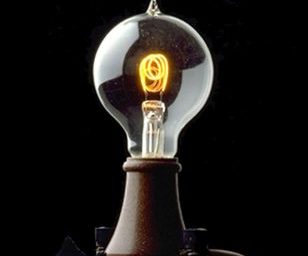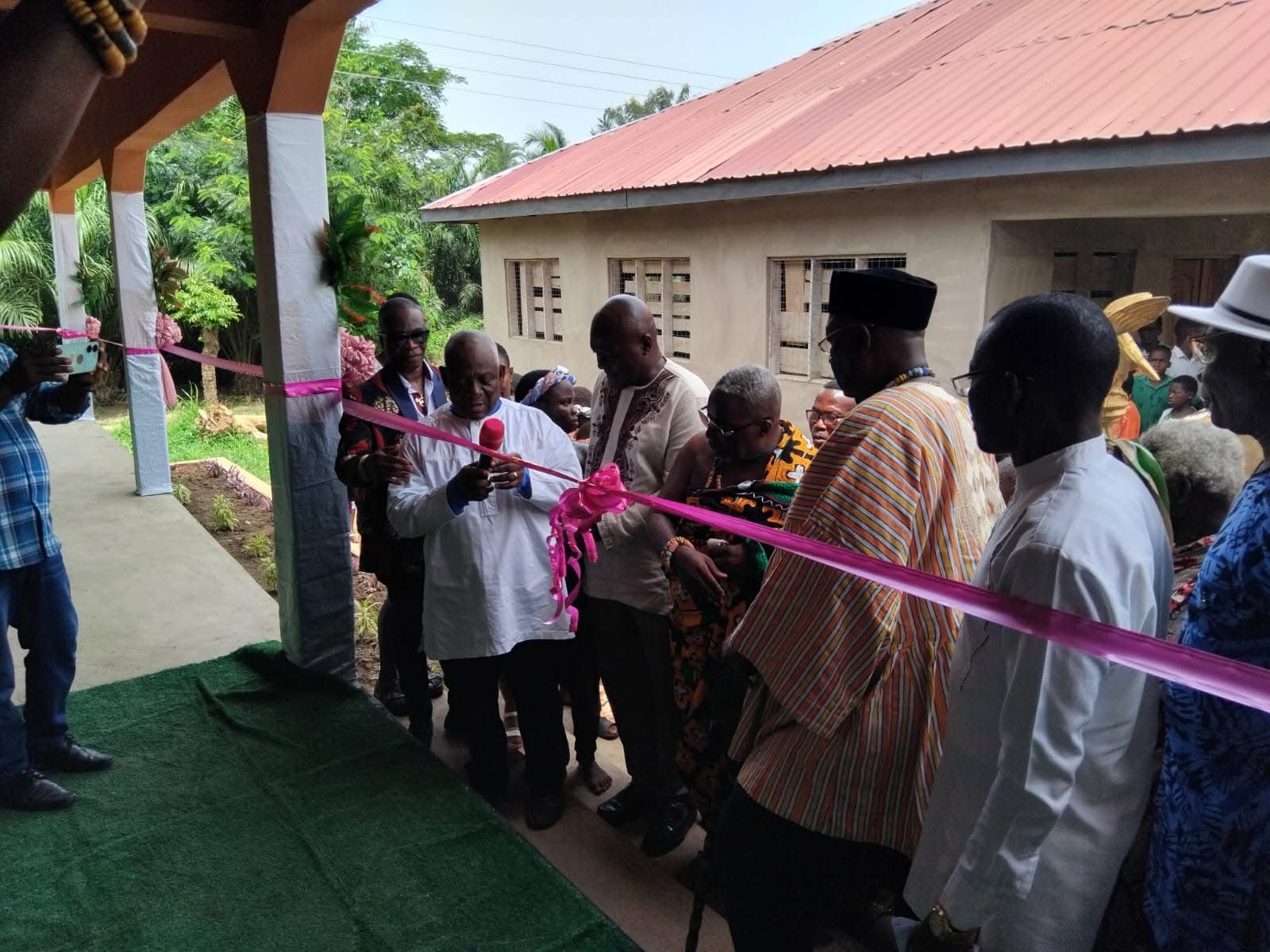
Revisiting CEANA’s Roots (1990s)
On CEANA’s 20th anniversary, we revisit its history from the Chicago perspective. Gordon Sabblah and Cudjoe Dorkeno’s narrative captured CEANA’s formation, but gaps remain. This account, “Tracing the Beginning History of CEANA,” fills those gaps. In the early 1990s, Ewe communities in North America shared strong camaraderie, traveling to Washington, D.C., New York, or Atlanta for funerals and outdoorings. In 1993, the Volta Club of Washington, D.C., invited Ewes to its 10th anniversary, sparking the idea of uniting under one banner. Hosted by William Ayenson, a cocktail and dinner reception became the birthplace of this vision to support Eweland’s socioeconomic development.
A Call to Action (1993)
At the 1993 reception, discussions turned to Ghana’s economic devastation, particularly in the Volta Region. With scarce infrastructure and jobs, youth migrated to Accra, straining the government. Ewe diaspora members, despite their own struggles, recognized their relative fortune. This realization drove the need to share resources with Eweland. William Ayenson shared the history of the United Volta Organization (UVO), formed in 1984 by New York and Washington, D.C., but inactive due to leadership issues. Determined not to ignore Eweland’s plight, leaders felt a civic duty to channel North America’s economic benefits to their homeland, igniting efforts to form a new umbrella organization.


Forming the Vision (1993)
The next day, focused meetings at the Howard University Hotel in Washington, D.C., on September 3, 1993, advanced the vision. Chaired by William Ayenson, delegates from four Ewe associations—Milenovisi Habobo (Chicago), Volta Club (Washington, D.C.), United Volta Association (New York), and Ewe Association of Georgia (Atlanta)—gathered. Represented by Kofi Afeku, Christian Adedze, Rev. Jonny Akoto (Atlanta); Togbe Wenya I, Clement Timpo, Kudjo Adigbli (Chicago); Togbe Kofi Tsai I, Julius Cobblah (New York); and Ayenson, David Aku (Washington, D.C.), they rejected reviving the UVO. Instead, they chose to create a new organization focused initially on Ghana’s Volta Region.
Planning and Progress (1993-1994)
The 1993 meeting formed an ad hoc committee to draft a constitution and structure for the new organization. Time constraints prevented finalizing the framework, but Chicago’s upcoming Milenovisi Habobo 21st anniversary offered a continuation opportunity. A motion to resume deliberations in Chicago was unanimously adopted. After leaving Washington, D.C., a euphoric sense of purpose emerged. Kudjo Adigbli, now in Ghana, studied bylaws from the Volta Club, Unity Club of New York, and UVO, working tirelessly with New York and Washington, D.C., to shape CEANA’s framework. In 1994, Chicago focused on its 21st anniversary planning, with no significant progress on the proposals despite ongoing communication with other associations.


Launching CEANA (1995)
In 1995, Chicago’s Milenovisi Habobo 21st anniversary became CEANA’s launching pad. Associations from Washington, D.C., New York, Atlanta, Southern California, Houston, and Ontario, Canada, attended. The event featured a delegates’ meeting, dinner dance, church service, picnic, and “Misegli” session, setting the CEANA convention format. The general assembly unanimously adopted the name “Council of Ewe Associations of North America,” proposed by Ontario’s Ewe Multicultural Association. Atlanta was chosen to host the 1996 convention and secretariat, with Kofi Afeku as CEANA’s first president. The convention finalized the constitution, and in 1996, CEANA was inaugurated, later expanding to include Togo and Benin.


